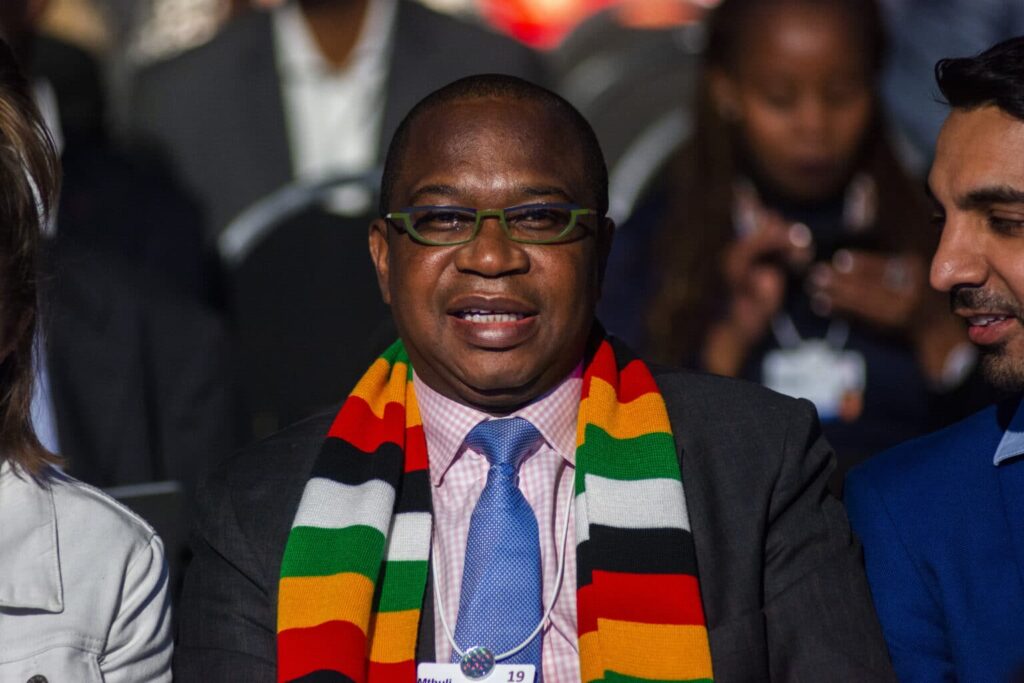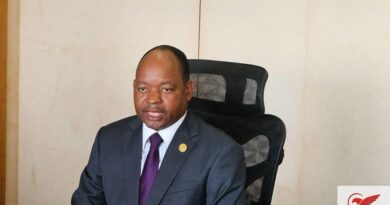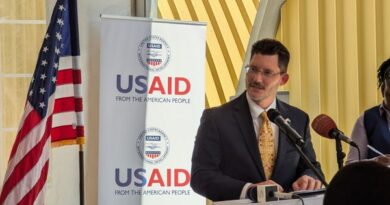Zimbabwe’s Finance Minister Calls for Innovative Financing to Support Africa’s Economic Development
Zimbabwe’s Finance Minister, Mthuli Ncube, has highlighted the urgent need for innovative financing solutions to support Africa’s future economic development. Speaking on Thursday, Minister Ncube emphasized the challenges posed by the current global financial system, which he said is inadequate in addressing the continent’s pressing needs, including climate action, sustainable development, and debt management.
Africa has made strides in financing its development through domestic resources, but the continent faces a growing financing gap. With an estimated $1.3 trillion needed annually to achieve the Sustainable Development Goals (SDGs) by 2030 and an additional $2.8 trillion required to combat climate change, Minister Ncube stressed the importance of reforming global financial structures.
Key to these efforts, according to Minister Ncube, is enhancing the representation of African nations in global economic decision-making processes. He praised the International Monetary Fund (IMF) for creating a third board membership chair for sub-Saharan Africa, which he believes will amplify the continent’s voice in global financial matters.
Minister Ncube also called for urgent reforms to the G20 Common Framework to make it more effective and transparent, especially in managing the debt crises faced by many African countries.
He noted that nearly 40% of African nations are at high risk of debt distress, with some spending more on debt servicing than on essential services like healthcare.
To bridge the funding gap, the Minister proposed several strategies, including boosting domestic resource mobilization, deepening capital markets, and leveraging Public-Private Partnerships (PPPs) for infrastructure development.
He also highlighted the potential of innovative financing tools, such as carbon credits, green bonds, and diaspora bonds, to raise additional resources for the continent’s development needs.
Furthermore, Minister Ncube underscored the importance of scaling up resources from International Financial Institutions (IFIs) and strengthening multilateral development banks (MDBs) to support sustainable development projects across Africa.
He also advocated for debt swaps and the implementation of the Domestic Minimum Top-Up Tax (DMTT) to ensure multinational companies pay their fair share of taxes in Africa.



